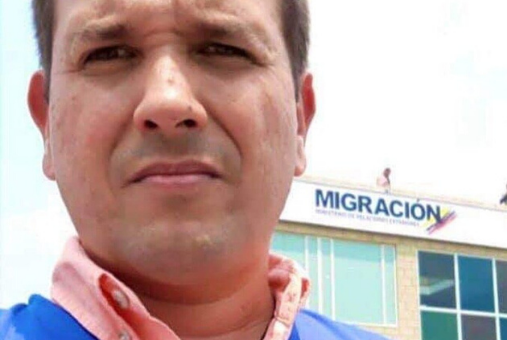
Venezuelan journalist Mario Peláez was released on March 3, four days after the National Guard detained him at the Colombia-Venezuela border and then handed him over to the Bolivarian National Intelligence Service (Sebin, for its initials in Spanish), according to the National Union of Press Workers (SNTP) of Venezuela.
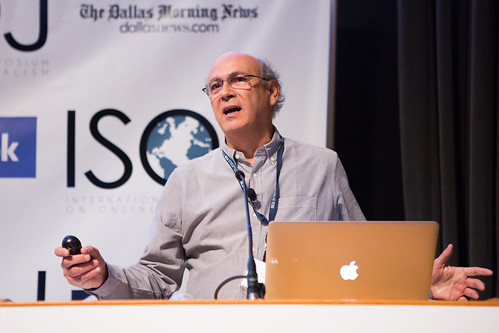
For journalist Carlos Fernando Chamorro, who left Nicaragua in January and is now working from exile in Costa Rica, getting used to working in conditions of physical and legal insecurity has been a challenge.
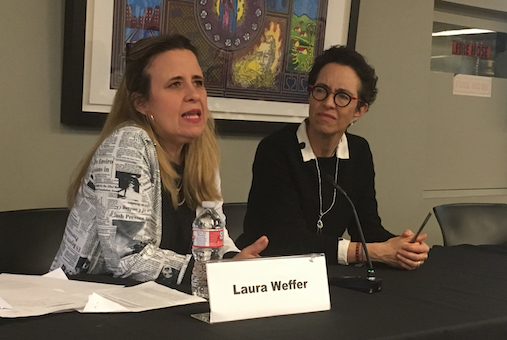
Weffer explained that beyond the blocking and censorship, the crisis of journalism in Venezuela also has to do with the fact that the profession lost the trust of the people.

The First Chamber of that court granted an amparo to the journalist, which revoked the sentence of a Mexican federal court that convicted Aristegui of moral damage of businessman Joaquin Vargas Guajardo, president of the media group.
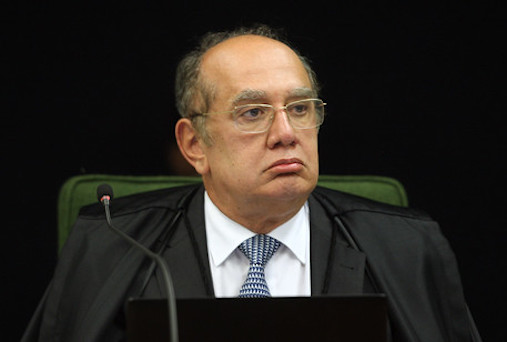
The book is a report about the operation that investigated banker Daniel Dantas, who was arrested in 2008 after being accused of corruption and bribery and released a few days later upon Mendes’ decision, then-president of the STF, the country's highest court.

After four years of court proceedings, the Supreme Court of Justice of the Nation of Mexico confirmed that the journalist Carmen Aristegui was improperly and illegally dismissed by the MVS radio group, according to Aristegui Noticias.

Ramírez proposed the idea of a “journalism of the digital catacombs” during a conversation with students and others that was organized by the Knight Center

The report analyzes trends in the region and how they affect freedom of expression, pluralism and media independence, as well as the safety of journalists.
From Mexico to the United States, France to Slovenia, Australia to Zambia, 244 international journalists signed a letter addressed to the president of Nicaragua expressing concern about the growing deterioration of press freedom in that country.
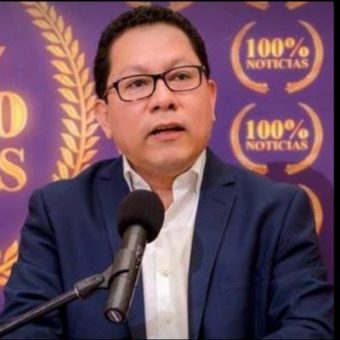
It has been thirteen days since two independent Nicaraguan journalists were arrested as police entered the TV station where they work and forced it off air.
Brazil's president-elect Jair Bolsonaro and some of his allies do not appear to have toned down statements against critical journalism since the election in late October.
After a second and final debate, on Dec. 18, Ecuador's National Assembly approved reforms to the country’s Communication Law (LOC, for its acronym in Spanish), indicated by experts as the most repressive on the continent.